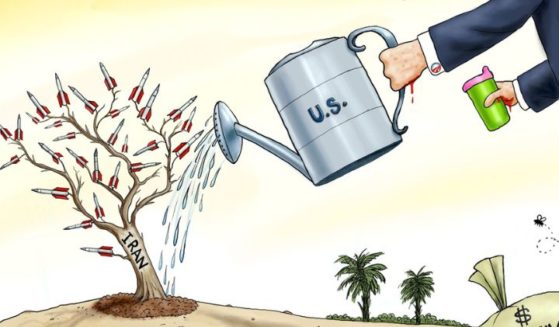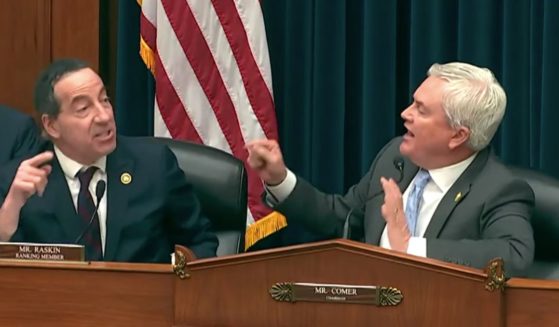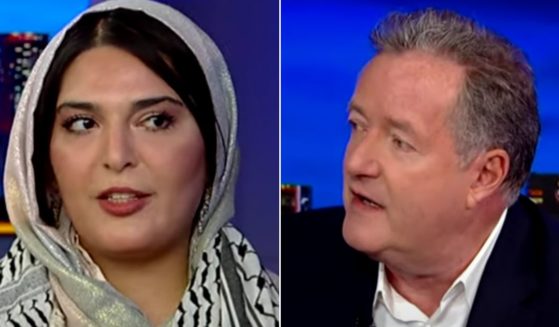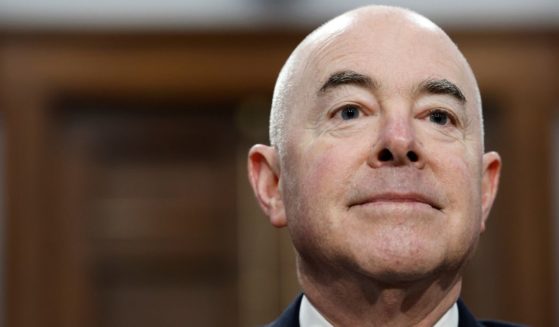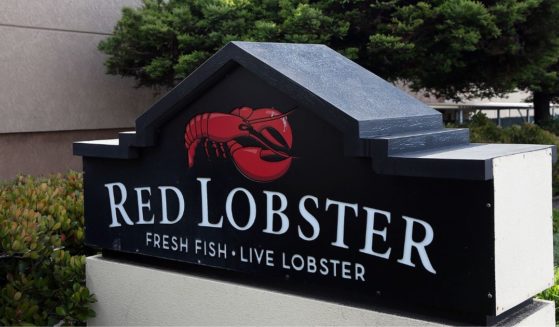Klobuchar releases $100B substance abuse, mental health plan
CHICAGO (AP) — Democratic presidential candidate Amy Klobuchar has released a plan to spend $100 billion over a decade to improve mental health care and fight substance abuse, an issue the Minnesota senator has faced firsthand as the daughter of an alcoholic who struggled with addiction for years before getting sober.
The wide-ranging plan, released Friday, includes funding for early intervention of mental health disorders and drug use, a national suicide prevention campaign, better access to opioid addiction and other types of treatment and recruitment of health care workers to underserved rural areas and cities with the highest need.
Klobuchar also says that as president she would prioritize mental health and substance abuse treatment over incarceration for nonviolent offenders, noting she supported drug courts as an alternative to jail when she was the lead prosecutor of Minnesota’s largest county.
Klobuchar, who announced her 2020 campaign in February, speaks often about her father’s alcoholism and the impact it had on her life, and she says it’s one of the issues she hears most about from people as she campaigns for the Democratic nomination in a crowded field of candidates . She says her father got “real treatment” after his third arrest for driving while intoxicated. He has remained sober with support from friends, family and his faith, what he calls being “pursued by grace,” she says.
“The one thing I hear over and over again across the country is people’s stories of battling with mental health and addiction — people need help, but they just can’t get it,” she says. “I believe everyone should have the same opportunity my dad had to be pursued by grace and get the treatment and help they need.”
The $100 billion would come largely from opioid manufacturers, with Klobuchar saying the companies should be held responsible for helping create the country’s opioid crisis. The plan would provide considerably more money than previous drug abuse efforts — the opioid bill President Donald Trump signed last year provided $6 billion over two years — but relies on the passage of new legislation and approval of a massive legal settlement that’s not yet in the works.
Klobuchar would impose a new fee of 2 cents per milligram of the active ingredient in a prescription pain pill, which she says would be paid by the manufacturer or the importer and provide a permanent revenue stream for her plan. The pharmaceutical industry pushed back against a similar proposal in New York, saying it would lead to higher prices for consumers. Klobuchar’s plan would exempt the fee on some opioids, such as those used in cancer treatment.
Klobuchar also is proposing a master settlement agreement between the drugmakers and state and local governments that have sued them, a deal that would be similar to the 1998 tobacco settlement between states and the nation’s five largest cigarette manufacturers.
Klobuchar’s suicide prevention program would include campaigns targeted toward veterans, farmers, LGBTQ people and tribal communities, which all see suicide rates higher than average.
She wants better enforcement of laws requiring health insurance companies to cover mental illnesses and substance use disorders the way they cover physical illnesses, and she would increase access to medication-assisted treatment in federal and state prisons to help inmates safely detox from opioids and stay clean.
Klobuchar’s background also played a role in her questioning of Supreme Court nominee Brett Kavanaugh during a Senate Judiciary Committee hearing last year, a moment that helped raise her national profile.
Klobuchar asked Kavanaugh, who was accused of sexually assaulting a woman years earlier when they were in high school, whether he ever had had so much to drink that he didn’t remember what happened. Kavanaugh, who denied the assault allegation, turned the question around, asking Klobuchar, “Have you?”
Klobuchar continued, unruffled, as Kavanaugh asked again. Kavanaugh later apologized to Klobuchar.
“When you have a parent who’s an alcoholic, you’re pretty careful about drinking,” she said. “I was truly trying to get to the bottom of the facts and the evidence.”
Klobuchar will promote her plan during campaign stops Friday in Detroit, where she will speak to a group of African American local government leaders, and in upcoming visits to Iowa and New Hampshire.
The Western Journal has not reviewed this Associated Press story prior to publication. Therefore, it may contain editorial bias or may in some other way not meet our normal editorial standards. It is provided to our readers as a service from The Western Journal.
Truth and Accuracy
We are committed to truth and accuracy in all of our journalism. Read our editorial standards.


